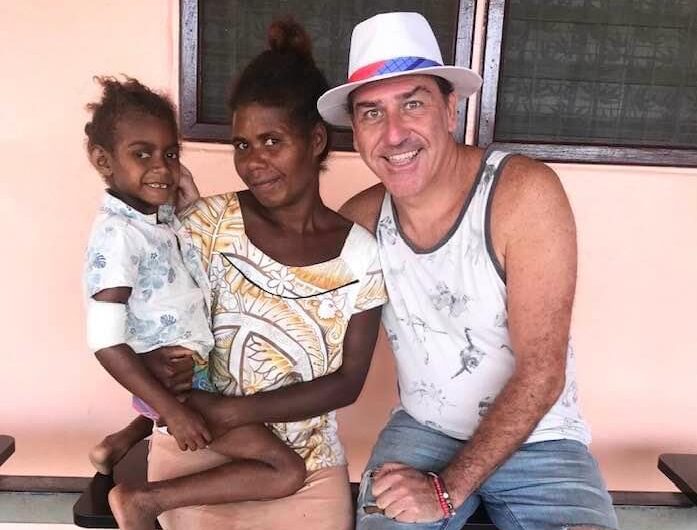At some point in her life, every woman will hear a myriad of advice about breast health. It’s vital to sift through the noise and focus on the facts. Being informed is the first line of defense when it comes to breast health. Let’s cut through the confusion and lay out the essential information every woman should know.
Know Your Normal
The Importance of Self-Awareness: Understanding how your breasts normally look and feel is the bedrock of good breast health management. Changes to take note of include lumps, nipple discharge that’s not milk, dimpling or puckering of the skin, redness or scaling, or a change in size or shape. If you observe any of these changes, it doesn’t automatically signal a severe condition, but it does warrant a conversation with your healthcare provider.
Regular Check-ups: Regular visits to your healthcare provider, which can include clinical breast exams, are vital. Guidelines vary on the frequency of mammograms based on factors like age and risk, but Dr Robert Biter encourages discussing individual screening schedules with a healthcare professional.
Risk Factors And Prevention
Genetic and Lifestyle Factors: It’s essential to recognize both uncontrollable and lifestyle-related risk factors. Age, family history, and genetic predisposition are innate factors that can increase one’s risk. However, modifiable lifestyle factors also play a crucial role. Maintaining a healthy weight, exercising regularly, limiting alcohol consumption, and opting for breastfeeding, when possible, are all practices that may reduce breast cancer risk.
Hormones and Medications: Certain types of hormone replacement therapy (HRT) and oral contraceptives have been shown to increase the risk of developing breast health issues. Dr Robert Biter advises women to weigh the benefits and risks of these medications carefully with their healthcare providers.
Navigating Diagnosis And Treatment Options
Understanding Diagnostic Tests: If there’s suspicion of a breast health issue, diagnostic tests like mammograms, ultrasounds, and biopsies can be used to clarify the situation. It might feel overwhelming, but remember that these are tools designed to help. They provide valuable information that you and your doctor will use to make informed decisions about your health.
Treatment Decisions: Decisions about treatment are personal and can be complex. They should be made after thorough discussions with your oncologist, taking into account the particulars of your diagnosis. A multidisciplinary approach is usually preferred.
Embracing Support And Community
Reach Out: Facing concerns about breast health can be daunting, but you’re not alone. There are communities and support groups that one can join. Sharing experiences can be helpful and comforting.
As Dr Robert Biter emphasizes that a strong support network, whether it includes family, friends, or a group of individuals facing similar issues, can be a pillar of strength through diagnosis and treatment.
Staying Informed And Hopeful
Remember, breast health is a journey that’s as unique as each individual woman. Regular updates of guidelines, new diagnostic tools, and treatments are continuously emerging, another reason why staying informed is critical. With strides in medical research and heightened awareness, there’s room for hope and positive outcomes. Knowledge is power—embrace it, and let it guide you through your breast health journey. Whether it’s a routine check-up or a more serious concern, the more aware and proactive you are, the better equipped you’ll be to navigate any issues that come your way.





